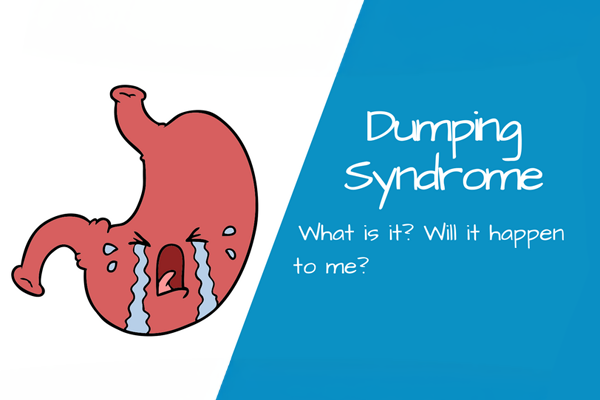
The Not-So-Glamorous Side of Bariatric Surgery: An Honest Reflection
Embarking on a journey towards better health through bariatric surgery is a profound decision, one that I approached with a commitment to transparency. Over the past three and a half years, I’ve documented my experiences, shedding light on the complexities and realities of this life-altering choice. While the transformation from 200kg to 90kg has been remarkable—losing 110kg is no small feat—there are facets of this journey that are often overshadowed by the success stories.